Showing results 111-120 of 169 for UDL research
Search results
-

Read our latest press releases, explore media coverage, and download our press kit.
-
The UDL Guidelines are a living, dynamic tool that is continuously developed based on new research and feedback from practitioners. Since the release of “Version 1.0” in 2008, CAST has released three other versions reflecting different structural and content changes. In 2020, CAST launched our most recent effort to update the UDL Guidelines. This update focuses specifically on updating the Guidelines through an equity lens. While the Guidelines have become a valuable tool to help practitioners design for learner variability, we recognize that gaps and biases exist. There has been a strong call from the field—both practitioners and researchers alike—to more fully develop the Guidelines to address critical barriers rooted in biases and systems of oppression. The current update aims to respond to this call and to work toward fulfilling the promise of the Guidelines as a tool to guide the design of learning environments that more fully honor and value every learner.
-
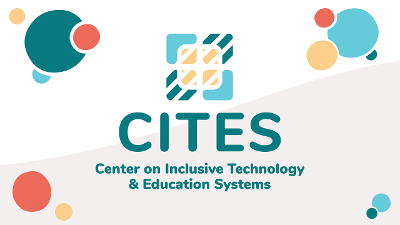
Tuesday, December 5, 2023
Five-year, $3.5 million OSEP-funded effort will bolster assistive and instructional technology design and use.
-
Symposium
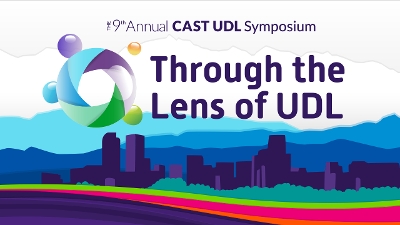
Monday, July 31 – Tuesday, August 1, 2023
Join online and in-person in Denver, CO July 31 – August 1, 2023. Let's co-create a vision for making UDL ubiquitous as a lens for our collective work of designing learning without limits.
-

CAST has partnered with Arizona State University to develop and evaluate the impact of a professional learning ecosystem to support 7th and 8th-grade teachers in providing more effective writing instruction to students with high-incidence disabilities.
-
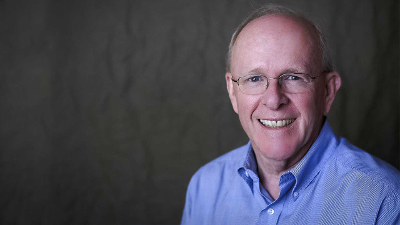
Senior Policy Analyst, Emeritus
A nationally recognized expert in accessible educational materials and Universal Design for Learning, Skip Stahl accrued extensive experience in advising education stakeholders—including states, district leaders, publishers, and policymakers—on how to make learning environments and products more effective and inclusive for all.
-
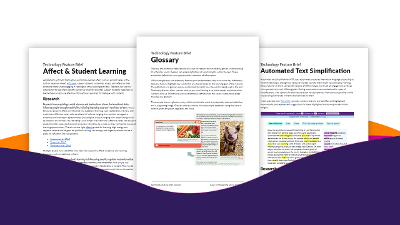
These briefs are designed for educators, developers, and researchers to find out more about particular features within technology tools, how they’re used, and whether they might be effective in addressing different barriers within a technology environment.
-
Statement
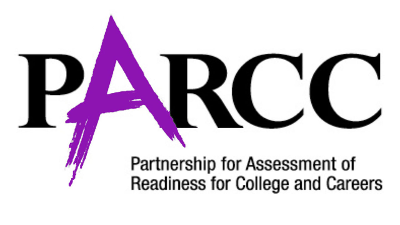
CAST, 2013
CAST offers recommendations to the Partnership for Assessment of Readiness for College and Careers (PARCC) to improve its proposed accommodations for students with disabilities who take PARCC’s large-scale assessment. The accommodations in question concern reading and the use of calculators.
-

CAST is partnering with CTE educators across the state of Massachusetts to build their knowledge and skills in the Universal Design for Learning framework to design instruction for all CTE students, including students with disabilities.
-

CAST’s staff contribute to books, journal articles, policy statements, magazine and newsletter pieces, and are also contributors to radio programs, podcasts, blogs, and videos.
